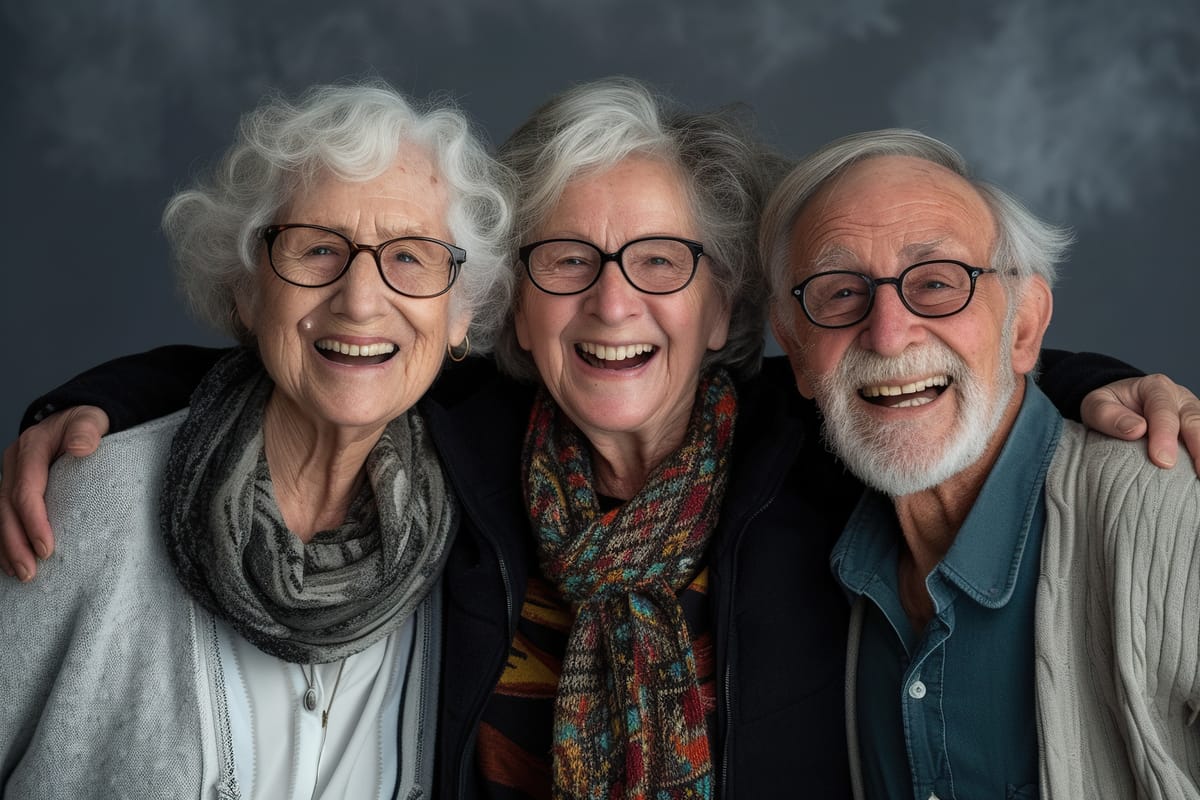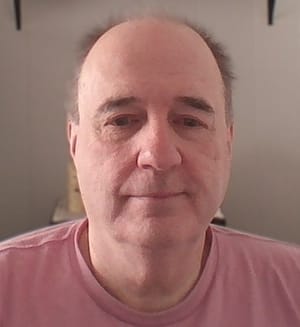Somewhere in my early sixties, I stopped expecting to “bounce back” like I used to. That realization didn’t come with a loud announcement or dramatic breakdown—just a quiet morning when I couldn’t open a jar the way I always had, and something deep in my shoulder whispered that this was my new normal.
That was around the same time I got the diagnosis. Nothing shocking, just the kind of thing that settles in slowly: osteoarthritis in both knees, high blood pressure, and a touch of something going on with my thyroid. Each one on its own wasn’t the end of the world, but together, they became this ongoing hum in the background of daily life.
Managing chronic conditions—it’s not something I ever imagined becoming a part of my identity, but here I am, and honestly, I’ve learned more about grace and patience than I ever expected.
At first, I did what most people probably do—I fought it. I pushed through the pain, skipped the pills, told myself it wasn’t that bad. I didn’t want to be someone who needed managing. I wanted to be strong, capable, the same me I’d always been. But ignoring it didn’t work for long.
I began to notice how much of managing chronic conditions isn’t just about the body—it’s about the mind. I had to shift from the idea of fixing things to the idea of supporting them. Supporting myself. That’s a big shift, especially when you’ve spent decades being the one who supported everyone else. But I started tuning in—really listening to how I felt each day, not just physically, but emotionally. On bad days, I let myself rest. On good days, I moved a little more. It sounds simple, but for me, it was a whole new way of living.
It took time, but I’ve built a rhythm around my body’s needs. Not a routine that’s the same every day—those don’t work for me anymore. I’ve learned that flexibility is part of the deal. Some mornings my knees feel steady and strong, and I can walk farther than I expected. Other mornings, I shuffle a bit, take it slow, and trust that I’ll get where I’m going eventually. I don’t curse my body like I used to. I thank it—for trying, for holding me up, for carrying me through.
Medication became part of the picture too, and I’ll admit, I resisted that for a long while. There’s something humbling about needing daily pills to feel balanced. But I’ve made peace with that now. Taking my meds is not a failure. It’s an act of care.
I keep them in a cheerful little pill box that reminds me I’m not broken—I’m just tending to myself in a new way.
There are frustrations, of course. I still get tired more easily than I used to. Some days, I cancel plans or skip out on a get-together because I know my body is asking for quiet. And that used to make me feel like I was fading into the background. But now, I try to see it differently.
Slowing down has made me more intentional. When I do spend time with people I love, I’m really present. I listen better. I notice more. And I think they feel that.
I’ve also come to realize how important it is to talk about these things. There’s something about chronic conditions that feels like it should be kept quiet, like we’re supposed to “soldier on” and not mention the pain, the pills, the fatigue. But I’ve found so much comfort in sharing stories with friends who are going through the same thing.
We laugh about our doctor visits, trade tips about heating pads, and remind each other that we’re not alone in this. That connection, that community—it helps more than any prescription.
Managing chronic conditions hasn’t been easy, but it’s also not the end of my story. In fact, in some strange way, it’s made me more aware of the beauty in everyday things.
The warmth of the sun on my back during a short walk.
The comfort of a well-cooked meal that doesn’t spike my blood pressure.
The deep joy of waking up and realizing I made it through another night, still breathing, still here.
I’ve stopped waiting for things to go back to the way they were. That was a hard thing to let go of.
But in its place, I’ve found a quieter kind of hope. Not for a cure or a miracle, but for peace. For steadiness. For mornings that begin with gratitude instead of dread. And that, to me, is wellness too.
So I manage. I adjust. I soften into the life I have, not the one I imagined. And in doing so, I’ve discovered that living well isn’t about avoiding struggle—it’s about learning how to live with it, fully and deeply, without losing sight of who you are.
Sound like you? We’d love to hear your story. Drop a comment or send me a note. This space was built for conversations like that.
-Big Al









Member discussion